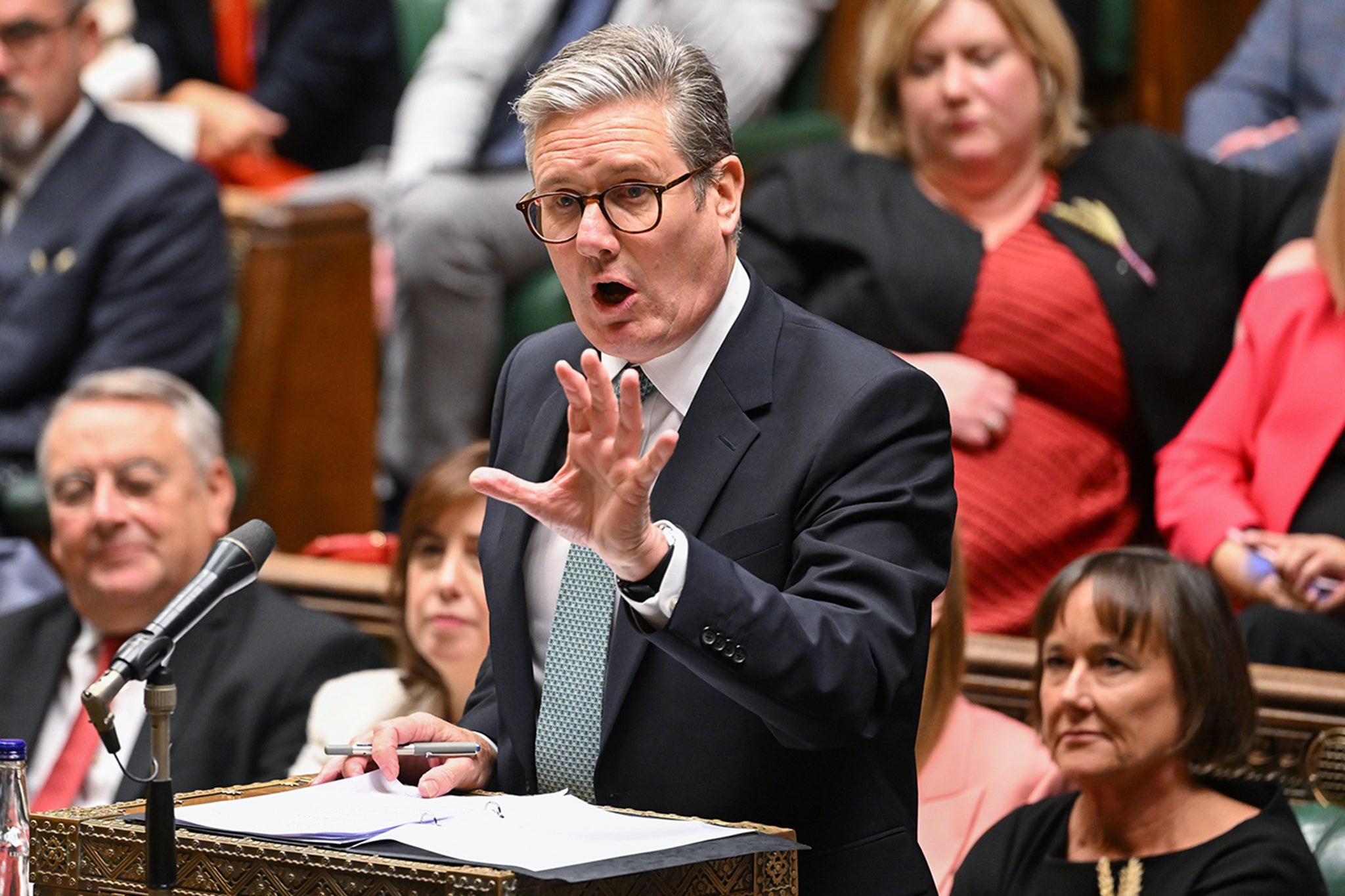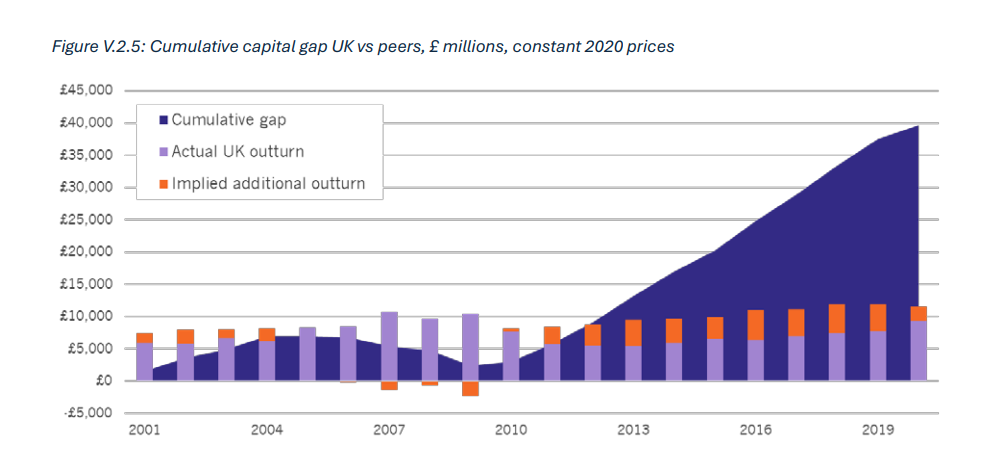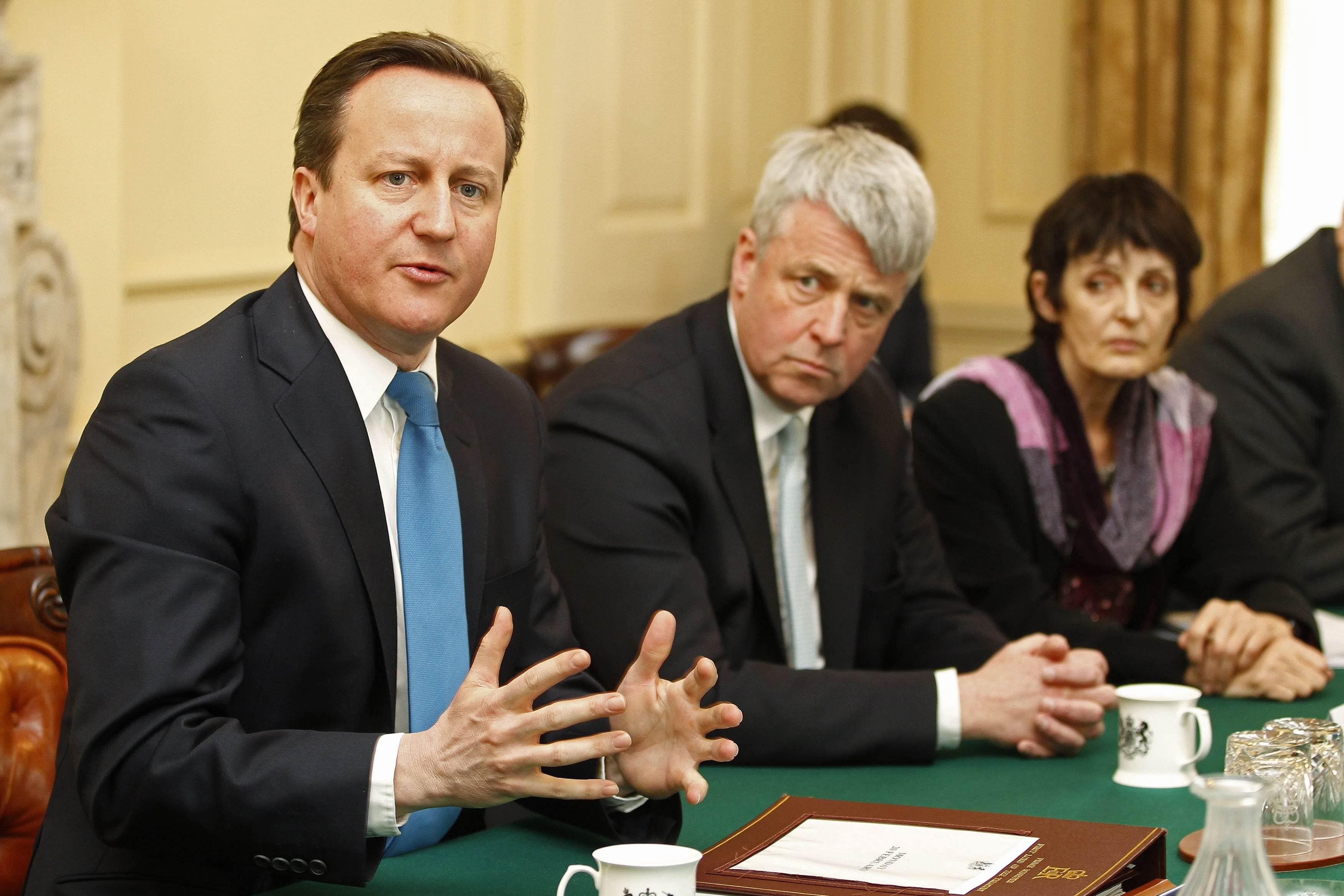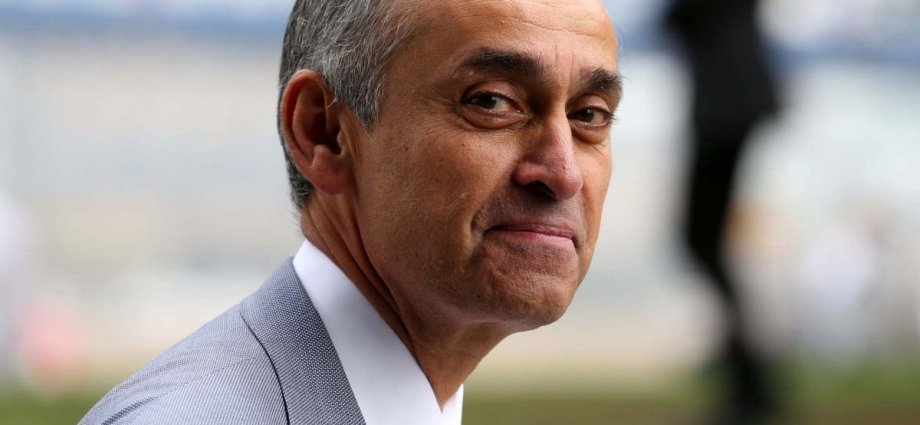A decade of Tory austerity has left the NHS in “critical condition” with some of the worst cancer survival rates in the Western world, according to a damning independent report.
A rapid review of the health service, completed in nine weeks, has found that many of its staff are “disengaged” and that there are “distressingly high levels of sickness absence”.
The author of the report, Ara Darzi, a surgeon and an independent peer, blamed choices made by the last government for the damage to the health service, and said it would take more than five years to fix.
Sir Keir Starmer is expected to respond to the findings on Thursday by blaming the Tories while also making clear that the NHS must “reform or die”.
He will say: “People have every right to be angry. It’s not just because the NHS is so personal to all of us – it’s because some of these failings are life and death.”
In his report, Lord Darzi described a “disastrous” 2012 shake-up by Conservative health secretary Andrew Lansley as “a calamity without international precedent”.
“In the last 15 years,” he continued, “the NHS was hit by three shocks – austerity and starvation of investment, confusion caused by top-down reorganisation, and then the pandemic, which came with resilience at an all-time low. Two out of three of those shocks were choices made in Westminster.”
Lord Darzi said Britain “cannot afford not to have the NHS, so it is imperative that we turn the situation around”, adding that the health service “is in critical condition, but its vital signs are strong”.
Other key findings from the report include the following:
- Comparisons of cancer survival rates reveal that Britain is “substantially” worse than its European neighbours as well as the USA, Australia and Canada
- The NHS has made “no progress whatsoever” on improving early cancer diagnosis for nearly 10 years
- The programme to build 40 new hospitals would not have been needed if investment in healthcare had matched that of other nations since 2001
- In almost all NHS services, access to care has declined and long waits for care have become normalised
- Children are being let down by services and are waiting too long for mental health treatment and physical healthcare
- Despite there being enough dentists in Britain, not enough want to do NHS work
- Too much cash has been allocated to hospitals instead of community care services
- Patients are struggling to see their GP despite doctors seeing more patients than ever
Sir Keir is expected to point the finger of blame at the Tories, saying that the situation is “unforgivable”.

In a damning portrait of the lack of funding allocated to hospital buildings, the report found “mental health patients being accommodated in Victorian-era cells infested with vermin, with 17 men sharing two showers, and parts of the NHS operating in decrepit Portakabins”.
Lord Darzi said he was “appalled” to find that mental health patients continue to be housed in “Victorian asylums” where patients face “infestations of mice and cockroaches”.
Of the programme to build 40 new hospitals, which the new Labour government has shelved pending a review, the report found that if the NHS had invested the required £37bn, these hospital improvements would have been made by 2019.

The peer also warned of worsening levels of long-term illness, with the prevalence of mental health conditions rising the most. The report states that at the start of 2024, 2.8 million people were economically inactive as a result of long-term sickness.
In 2012, under Conservative health secretary Andrew Lansley, the health service underwent a major restructure aimed at encouraging greater market competition.

As part of his recipe for reform, Lord Darzi says the government must “re-engage staff and re-empower patients” and make care “closer to home”.
There is a need to drive productivity in hospitals by re-engaging staff, discharging patients on time, and investing in buildings and equipment, he said.
Although the report was not commissioned to review social care, Lord Darzi said that differing funding models are “driving the most expensive outcome” with “people spending time in hospital when there is no medical reason for them to be there”.
He said the “dire state of social care” means that 13 per cent of hospital beds are occupied by patients who are awaiting care in “more appropriate” settings.
NHS Confederation chief executive Matthew Taylor said: “The government has taken the first necessary step in diagnosing the problem, and the task now is to move to identifying the prescription.” He said that the first task of ministers must be “to help the NHS avoid a winter crisis, given the financial crisis that is engulfing the service”.
In addition, Mr Taylor called for emergency funding in the upcoming Budget to boost staff and capacity in social care, and for long-term funding increases.
Victoria Atkins MP, the shadow health secretary, said: “We will review this report carefully, but it appears that Labour have missed an opportunity to put together meaningful plans for reform.
“The Labour government will be judged on its actions. It has stopped new hospitals from being built, scrapped our social care reforms, and taken money from pensioners to fund unsustainable pay rises with no gains in productivity. [Labour] need to move from rhetoric to action.”











